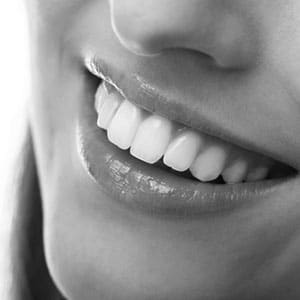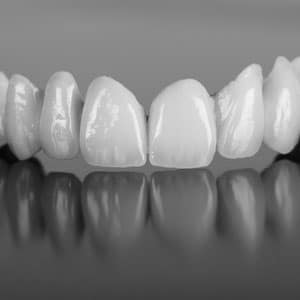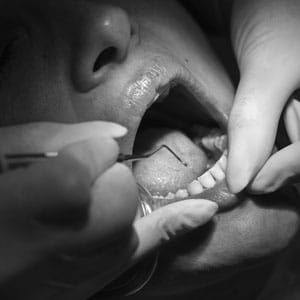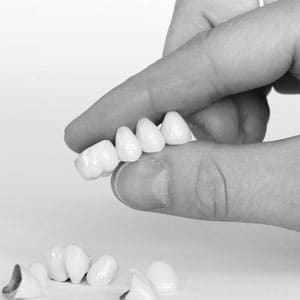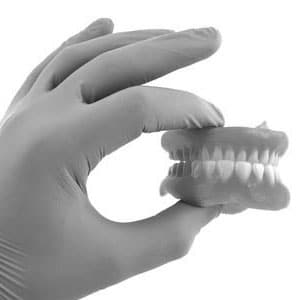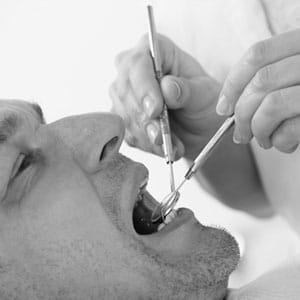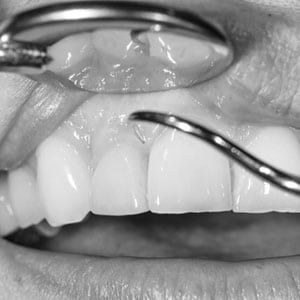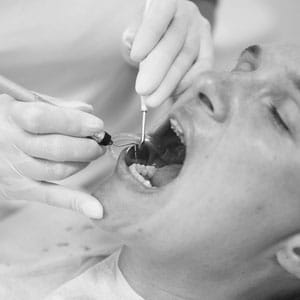Dental Tooth Extractions In Lynnwood, WA
We are Conveniently Located in Lynnwood, Also Providing Extraction Services for Everett, Marysville, Redmond, Shoreline, Bothell, Edmonds, And All Neighboring Communities.
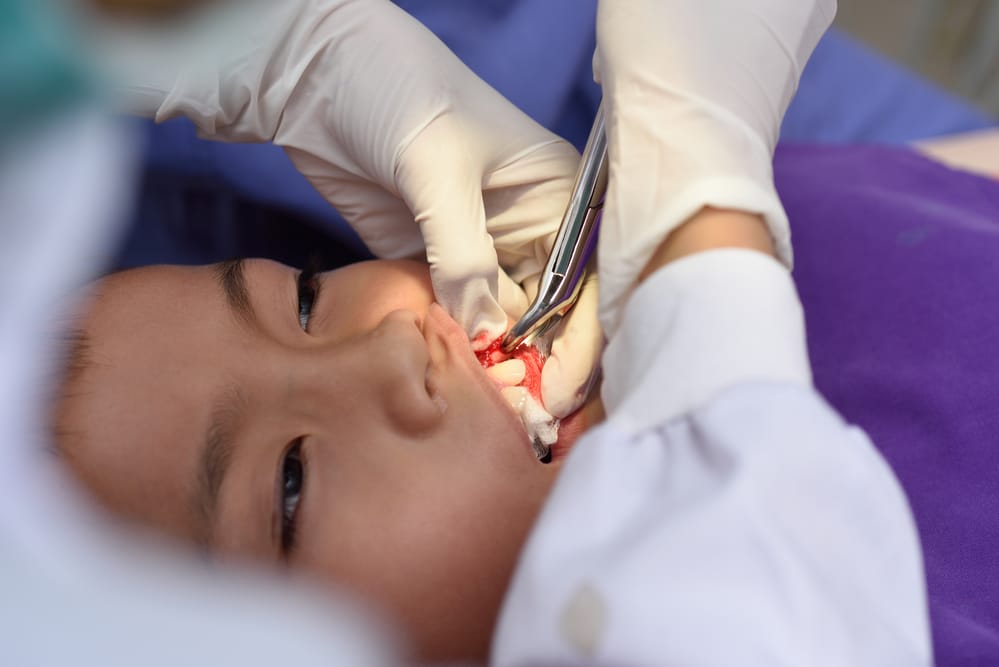
Extracting Teeth
While generally not ideal, there are occasions in which teeth need to be extracted. This may be due to damage to the tooth, the need to make room for implant dentures, and more. The eruption of wisdom teeth may also lead to the need for extraction, as they can often cause damage if they are not removed.
Tooth extractions may take the form of a simple or surgical extraction. The type of extraction to meet your needs will depend on different factors. Whatever the case may be, your dentist will only perform an extraction if necessary.
Some Reasons leading up to Tooth Extraction
It may be decided that you have extra teeth or too many teeth for a smaller mouth. The solution will be to have a tooth extraction intentionally to create room or adequate space. This may also be the scenario if orthodontics is using braces to move teeth and needs space. Sometimes, with children, baby teeth don’t fall out and require a tooth extraction. Wisdom teeth are often removed because of a lack of space, or they come in late and may be decayed. If a tooth is damaged, cracked, chipped, and cannot be repaired with a root canal or a bonding process, it may be best to have a tooth extraction. A very loose tooth may also require a tooth extraction if it cannot be saved. If tooth decay is beyond repair or if a root canal failed, the tooth may need to be extracted. Gum disease is a frequent culprit. Without proper care, the plaque on the teeth turns into tartar, which in turn infects the gums and results in gum disease. Other cases may be the result of radiation to the head or neck, or the impact of oral cancer medication can develop infected teeth. Again, with the drugs necessary after an organ transplant, it may result in an infection and inevitably a tooth extraction. These are just a few general reasons. Each of us is different; our physical makeup, our lifestyles, and our oral hygiene result in potential complications.
Call our Office at (425) 742-9609 Today!
Types of Tooth Extraction
There are basically two types of tooth extraction: the simple and the surgical. In either case, a solid discussion should be had with your dentist prior to the extraction being the solution. You need to know the pros and cons. The simple tooth extraction can be performed by a general dentist. Usually, a local anesthetic is used, which numbs the jaw, nerves, and the tissue surrounding the tooth. Possibly an IV anesthetic may be required as well. The dentist loosens the tooth with an instrument called an elevator. Once this is done, an instrument called a forceps is then used to actually remove the tooth. A surgical extraction is more complex. If either the tooth is broken off at the gum line or the tooth has not erupted through the gum, usually this procedure is performed by an oral surgeon. Again, a local anesthetic will be used first, then an IV or general anesthesia will be administered to finish the tooth extraction. When having a tooth extraction, you will experience a feeling of pressure, but not one of pain.
Tooth Extraction Risks
Having a tooth extraction is relatively simple and really doesn’t involve much risk. What comes after the extraction that can create some problems? The neighboring teeth will start to move into the gap. If that was not the desired goal of the tooth extraction, then that becomes a problem. Having that tooth gone can change how you chew your food and can change how you speak. If a tooth is removed from the front of the mouth and is quite visible, it will change how you look and how you smile. You could experience a dry socket, which is when the area where the tooth was removed doesn’t heal properly, and an infection sets in. If you cannot replace the extracted tooth with an implant, it is possible you will experience some bone loss, which could affect the surrounding teeth.
Extraction Aftercare
Depending on the size of the tooth and the socket, the dentist will ask you to refrain from smoking, chewing hard or eating tough foods, have you concentrate on eating only soft foods, and avoid strenuous physical activities for a period of time until the gums and the jaw have a chance to heal. Your socket may continue to bleed or ooze blood for several hours after the tooth extraction. You will want to pack some gauze over the socket to help control the bleeding. You’ll want the blood to clot in the empty socket. This is natural and necessary. Having a tooth extraction will have you avoiding hot liquids for 24 hours. You should also not suck through a straw, do any heavy rinsing or swishing for at least 48-72 hours after your tooth extraction. All of the precautions allow the socket to heal. Finally, you’ll want to be very careful brushing around the area where the tooth was extracted. Your dentist will provide you with instructions following your tooth extraction to reduce any possibilities of risky side effects. Most likely, in about two weeks, you’ll be back to any and all normal activities.
Options After Tooth Extraction
Once your dentist has extracted your tooth or teeth, they will discuss what options are available. For wisdom teeth extraction, there may be no additional steps. For other extractions, though, replacement options may need to be considered. These may include dental implants, a dental bridge, or dentures. All of these replacement options have their advantages and are designed to meet specific needs. Your dentist will help you to determine which option is right for your needs, budget, and personal preference.

